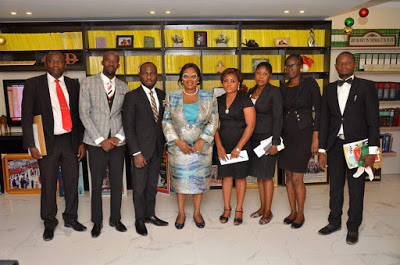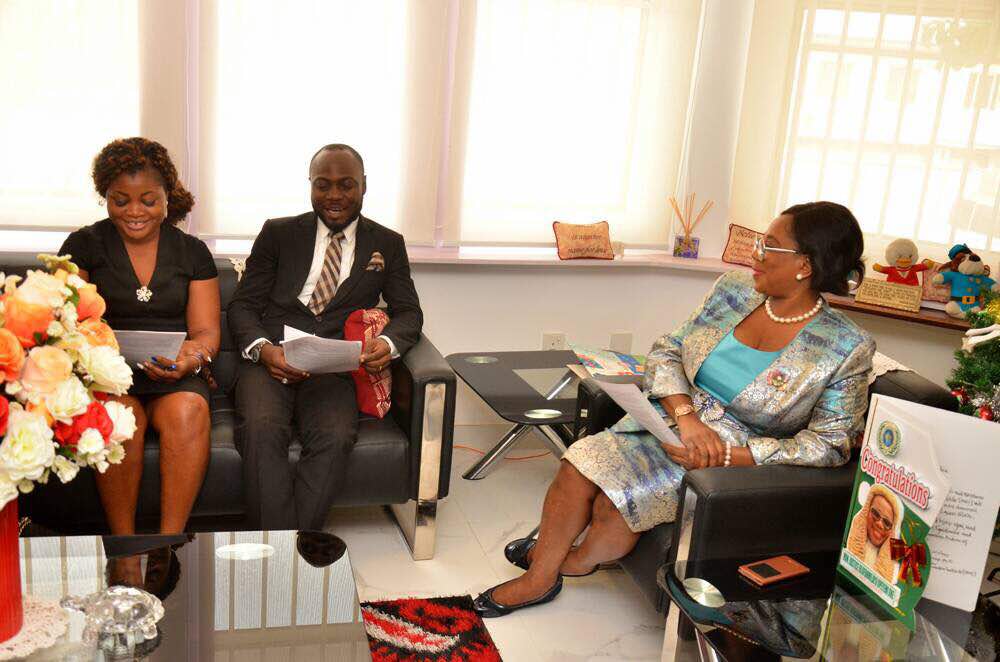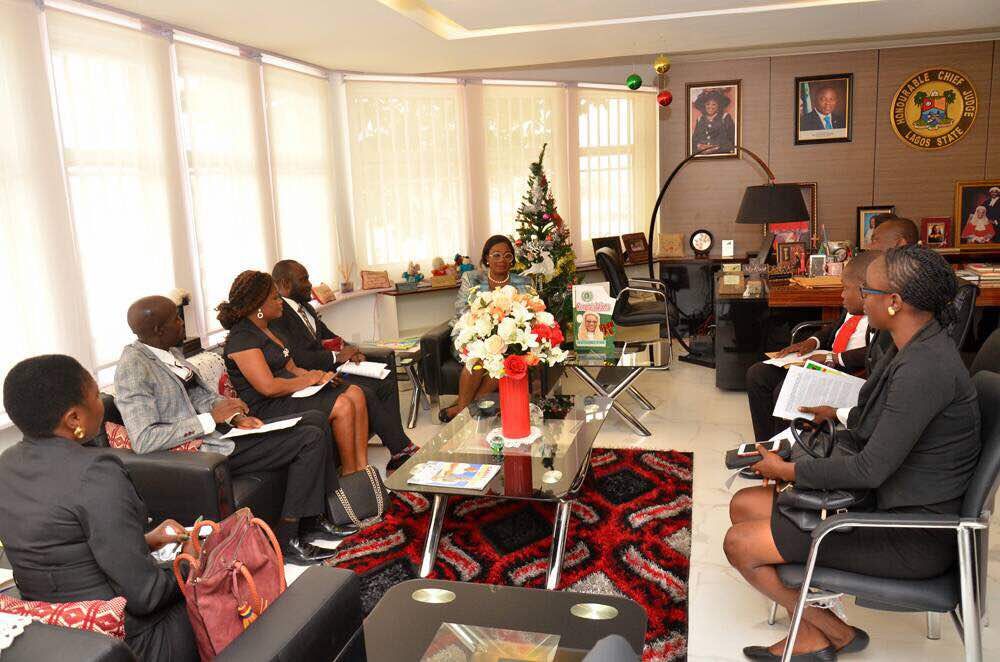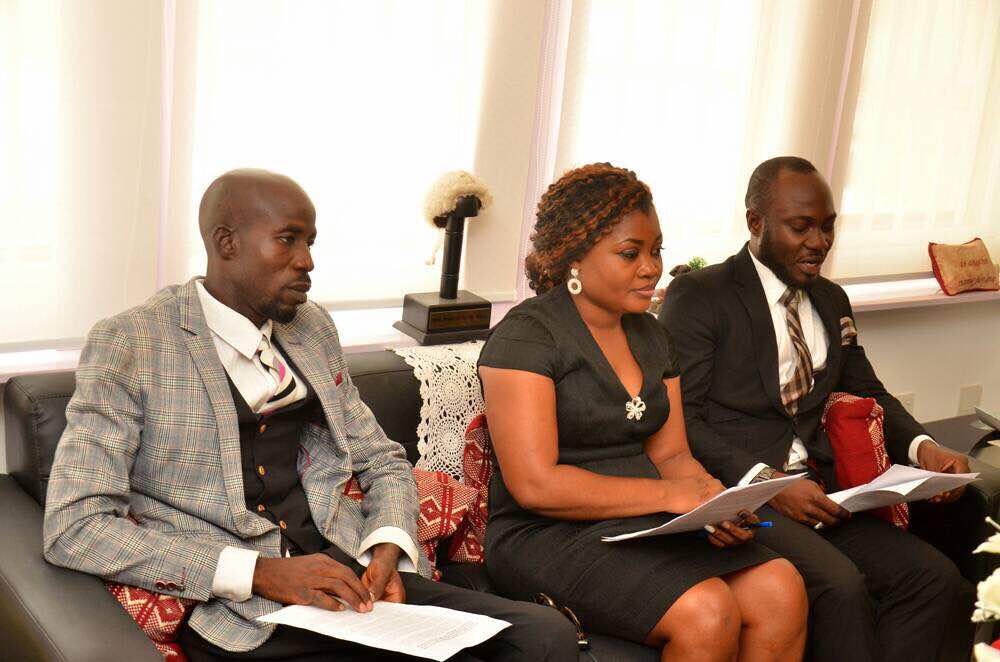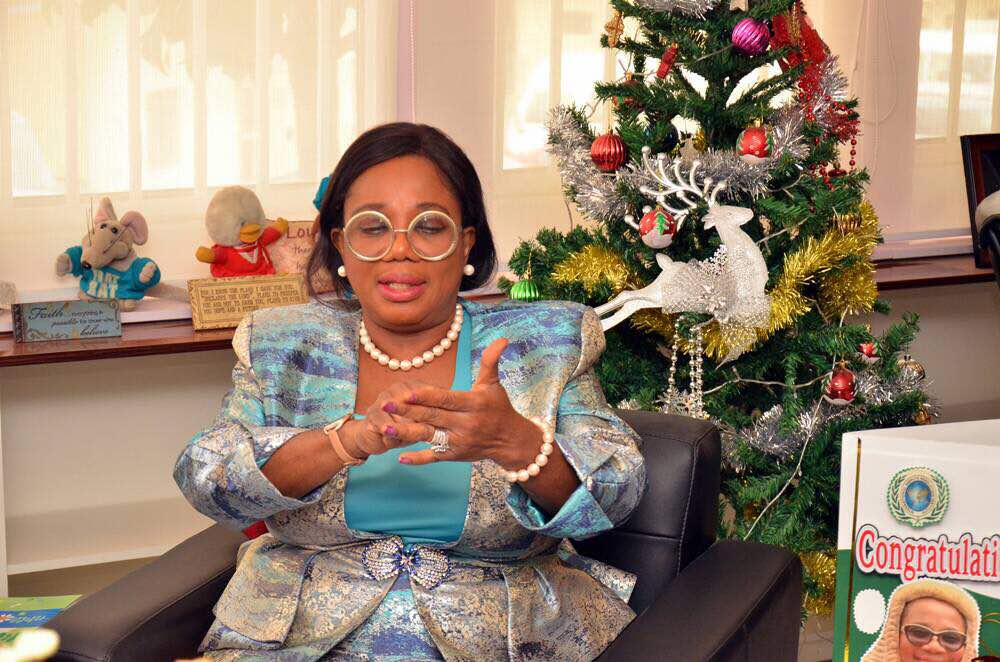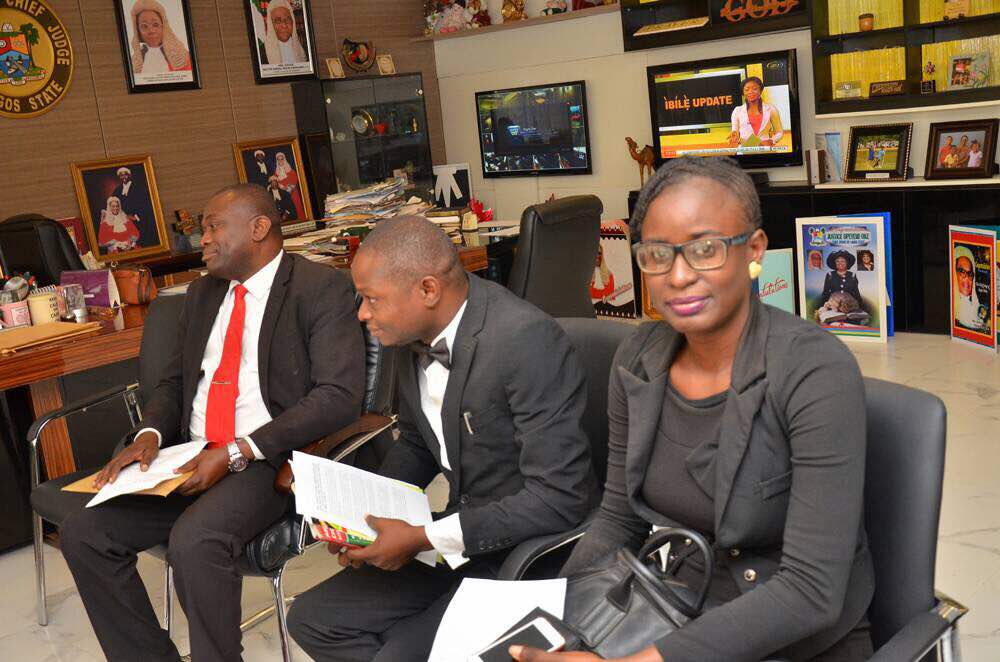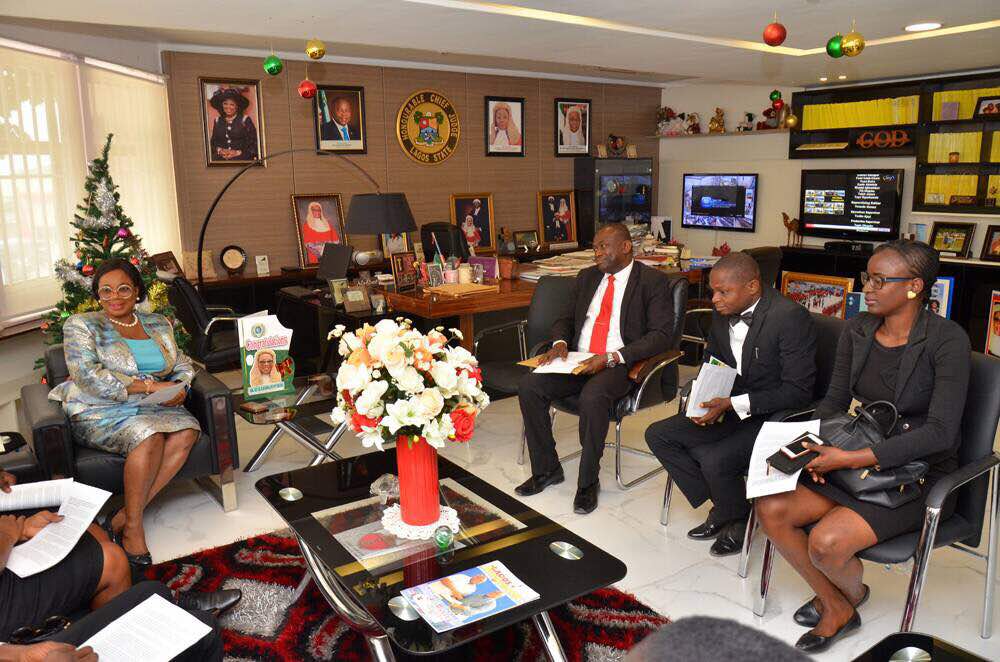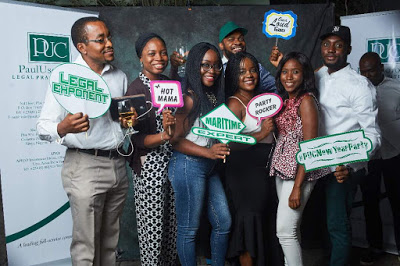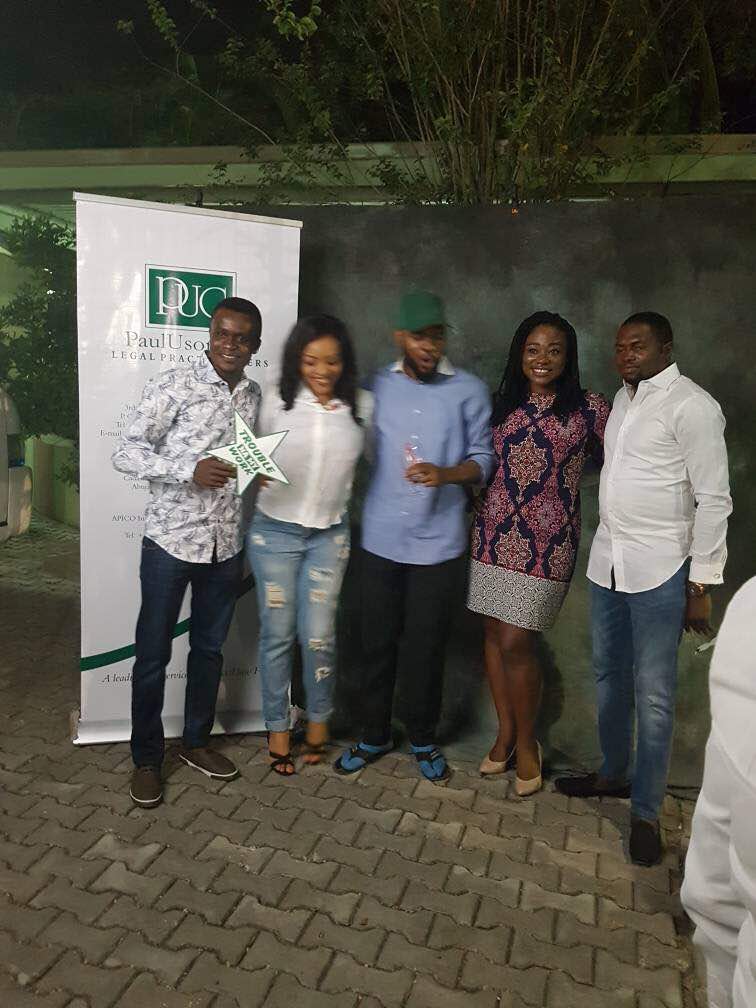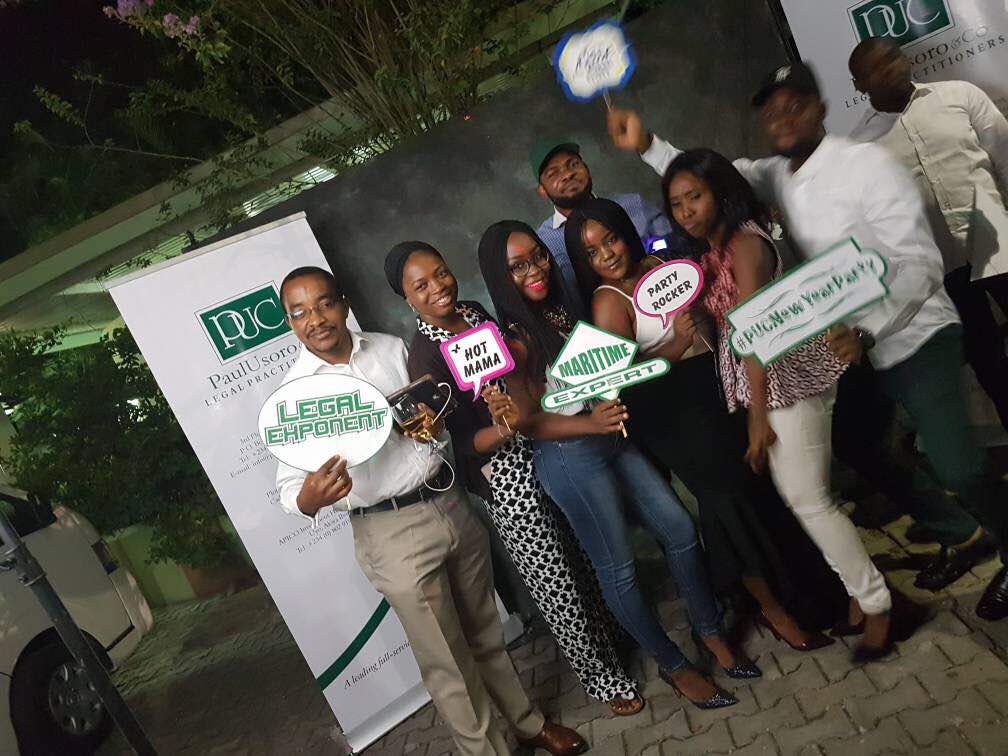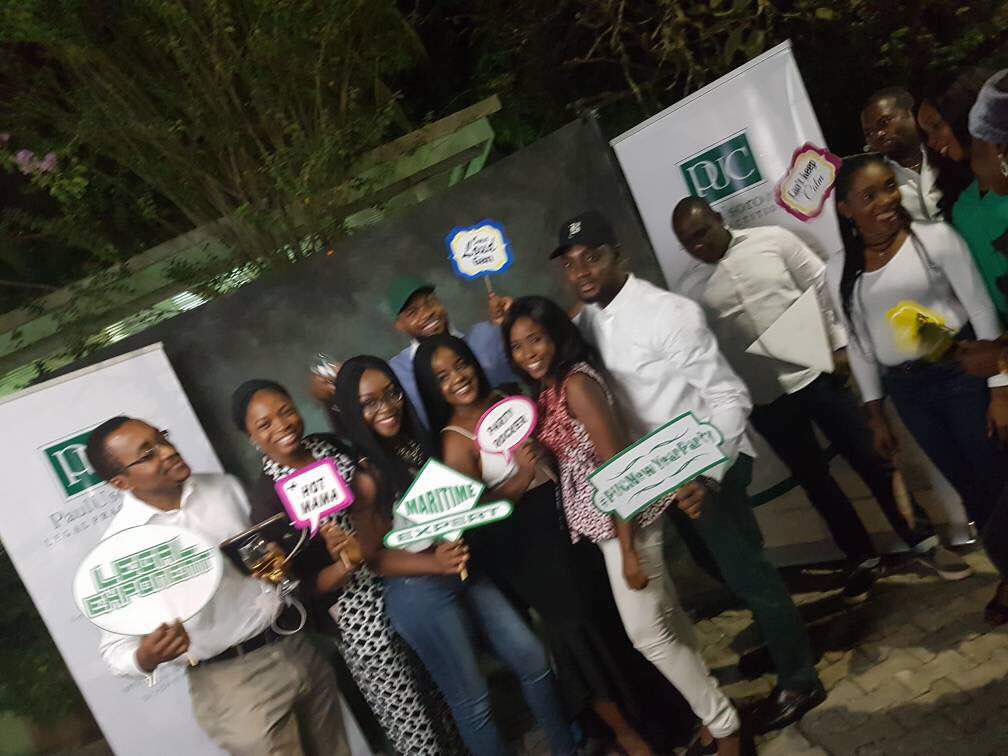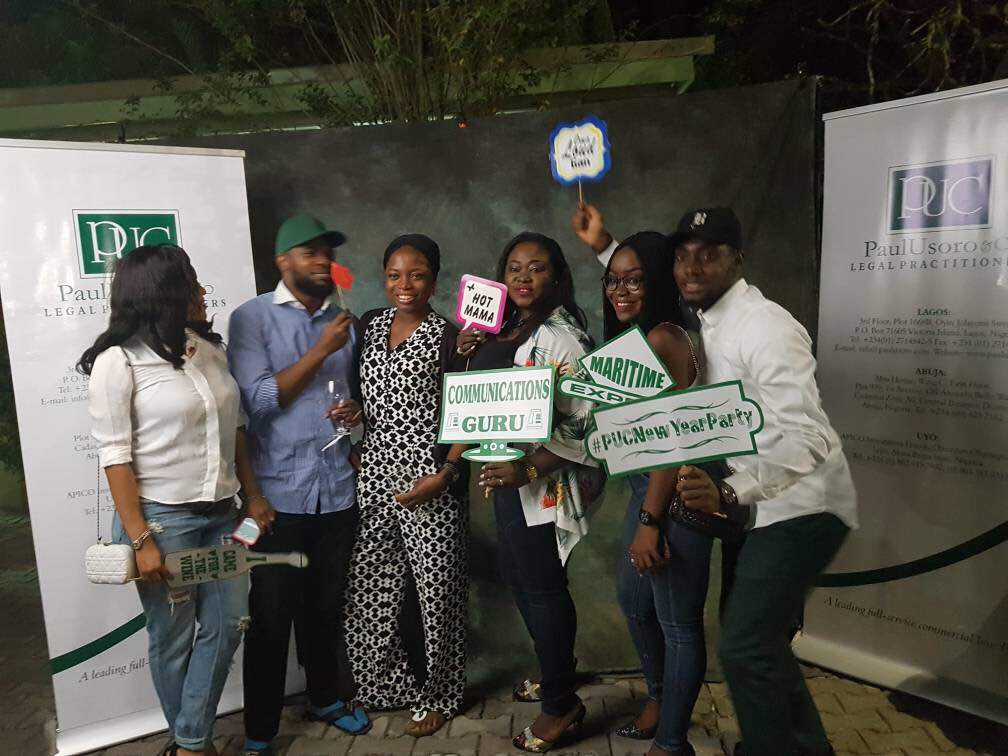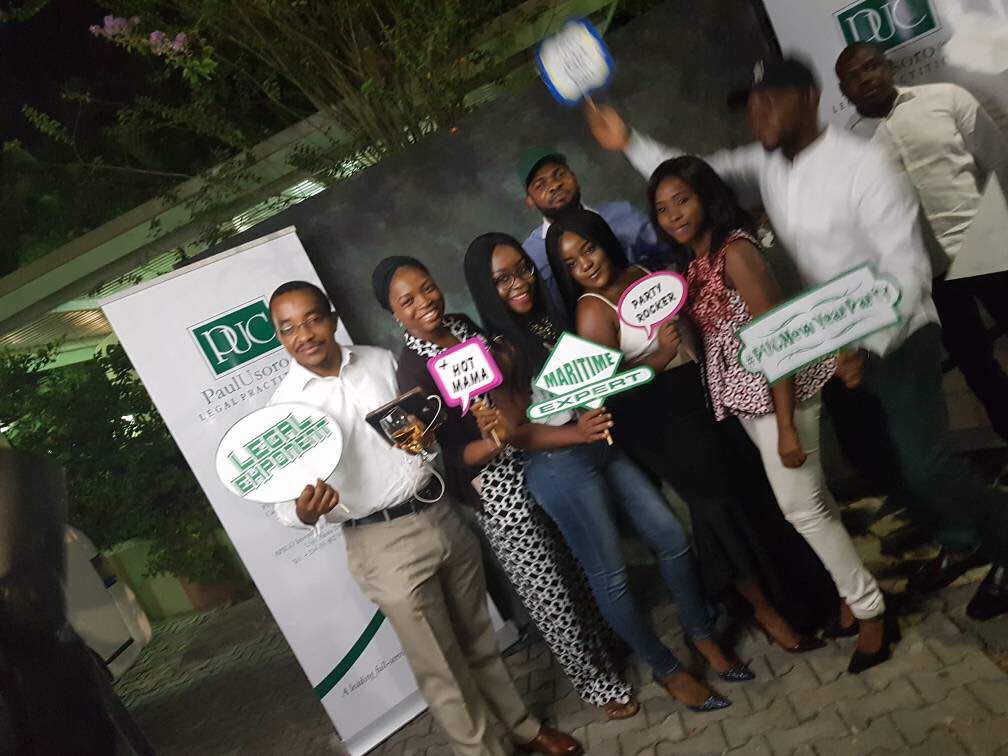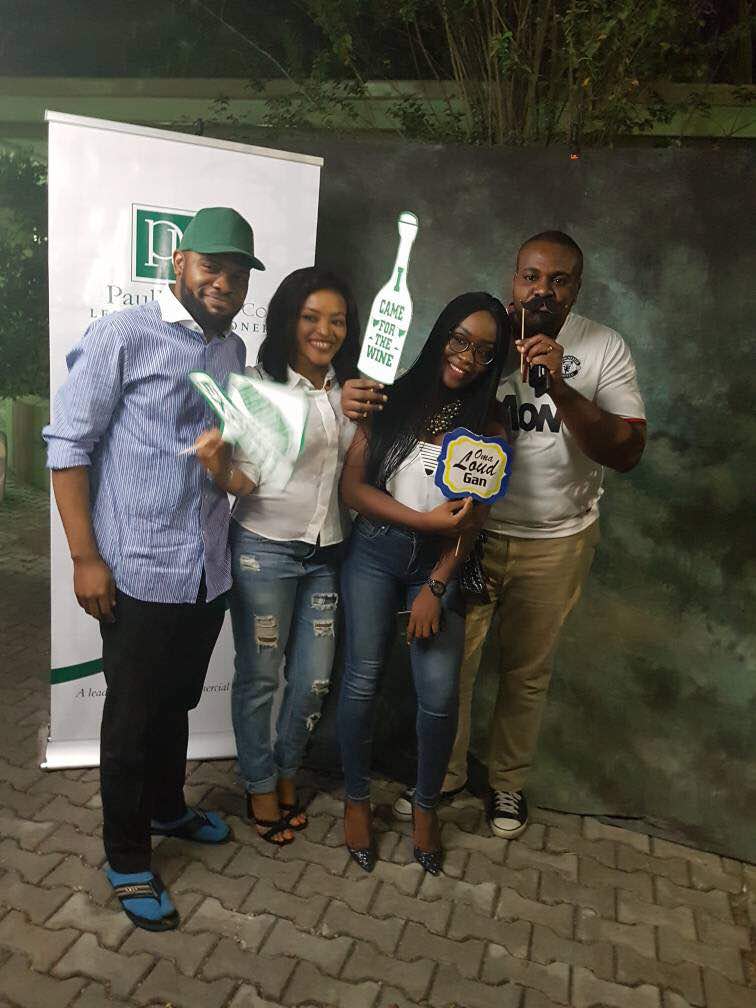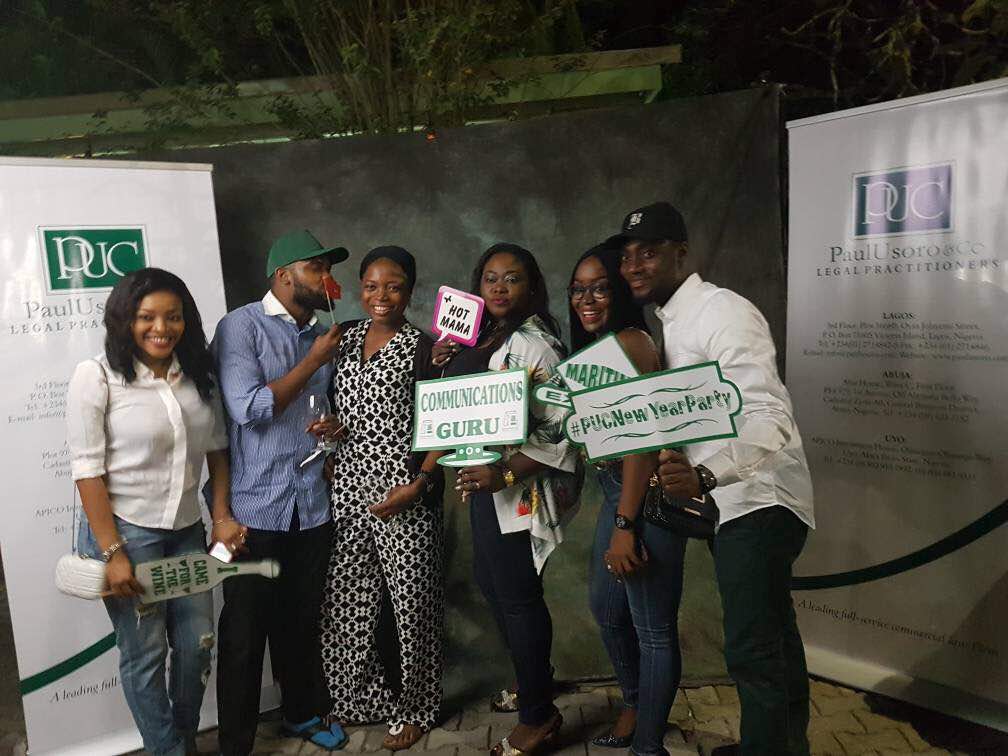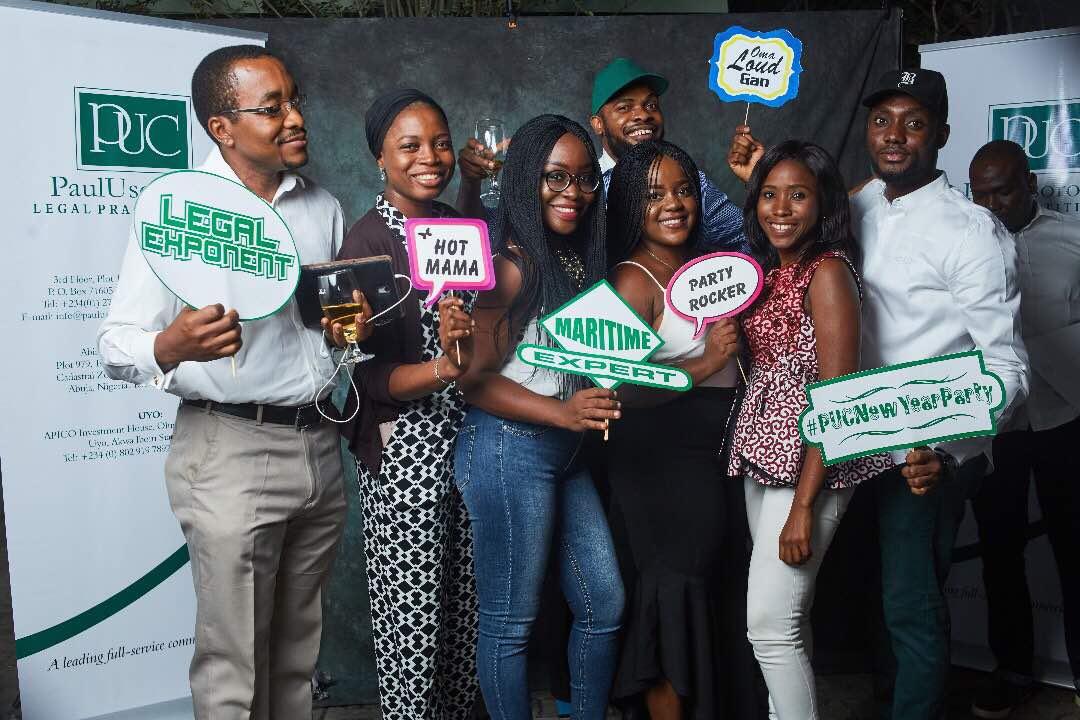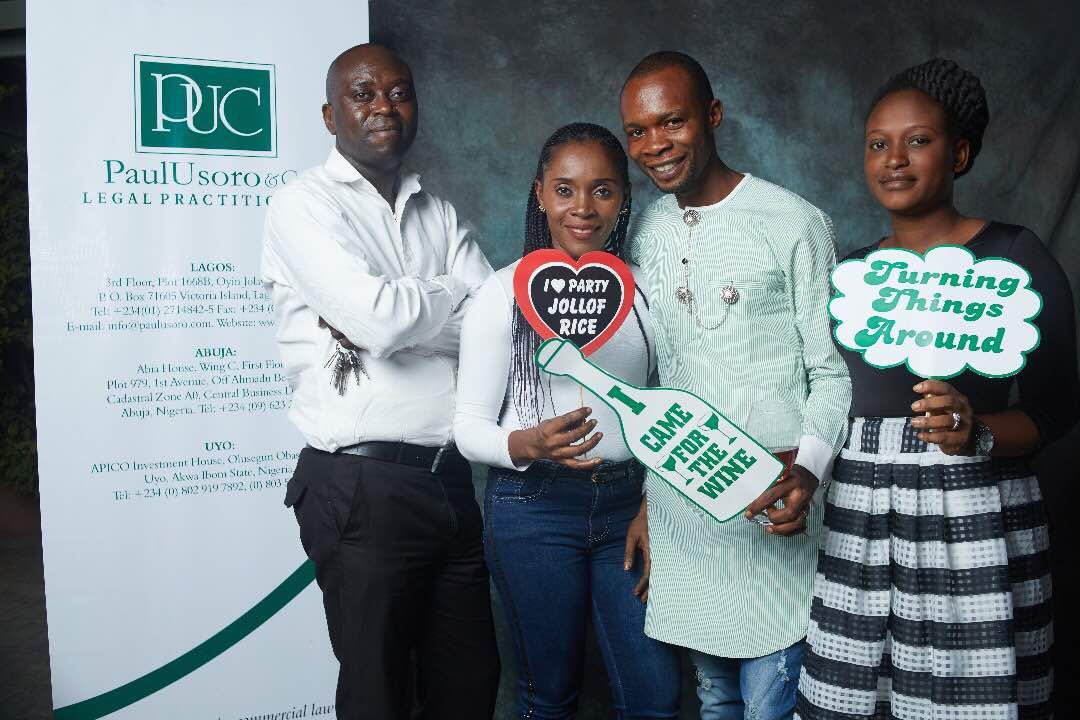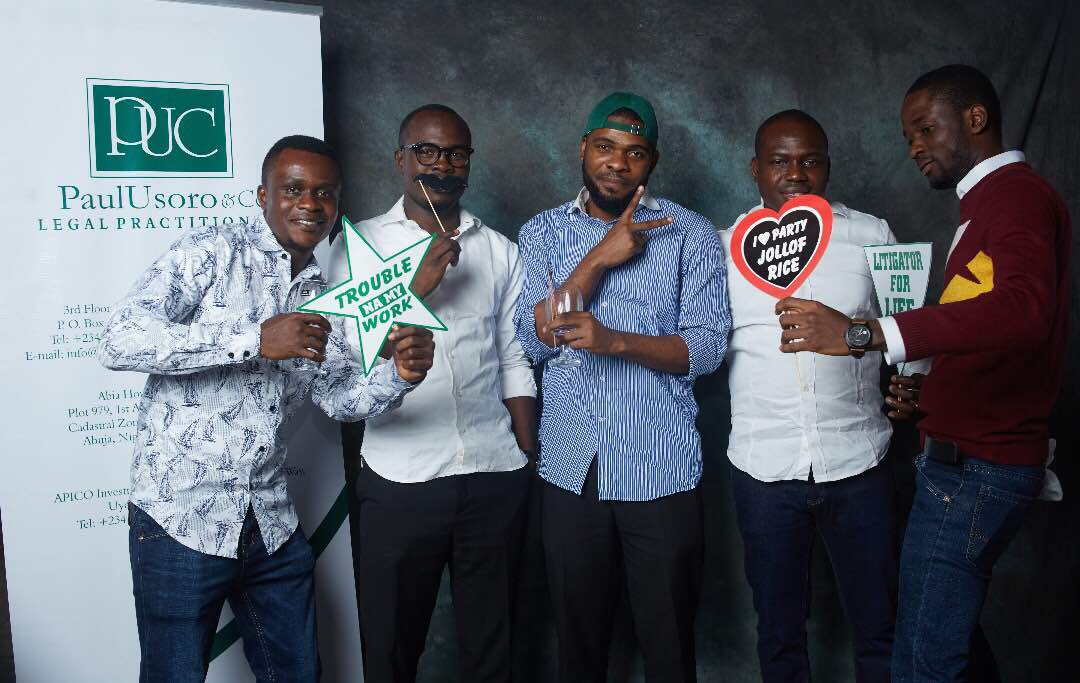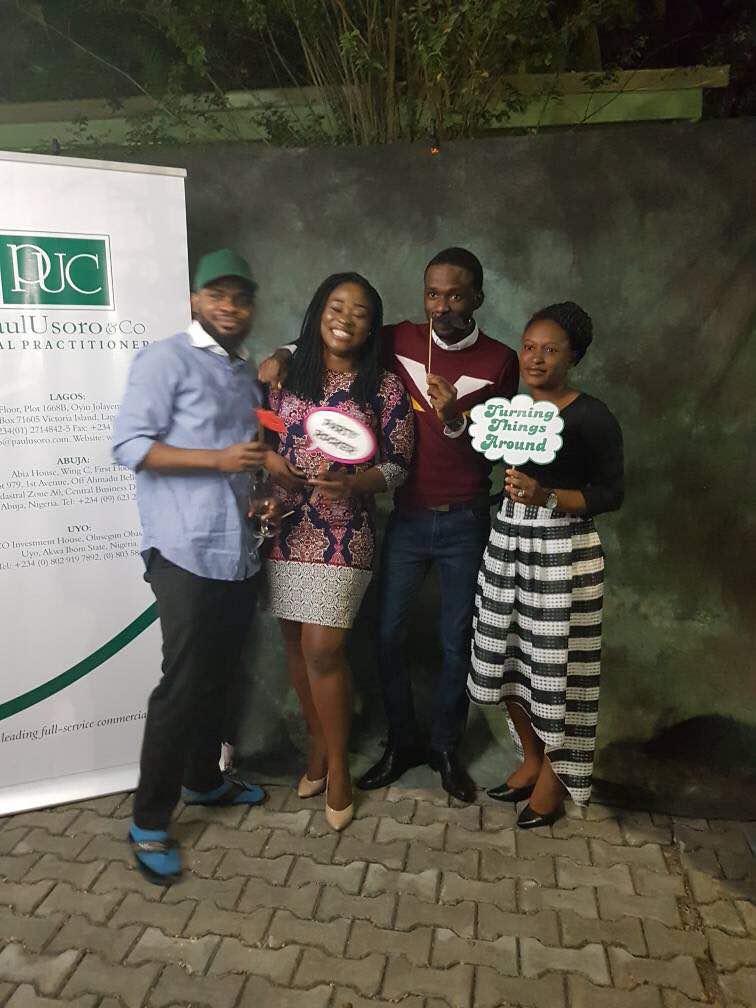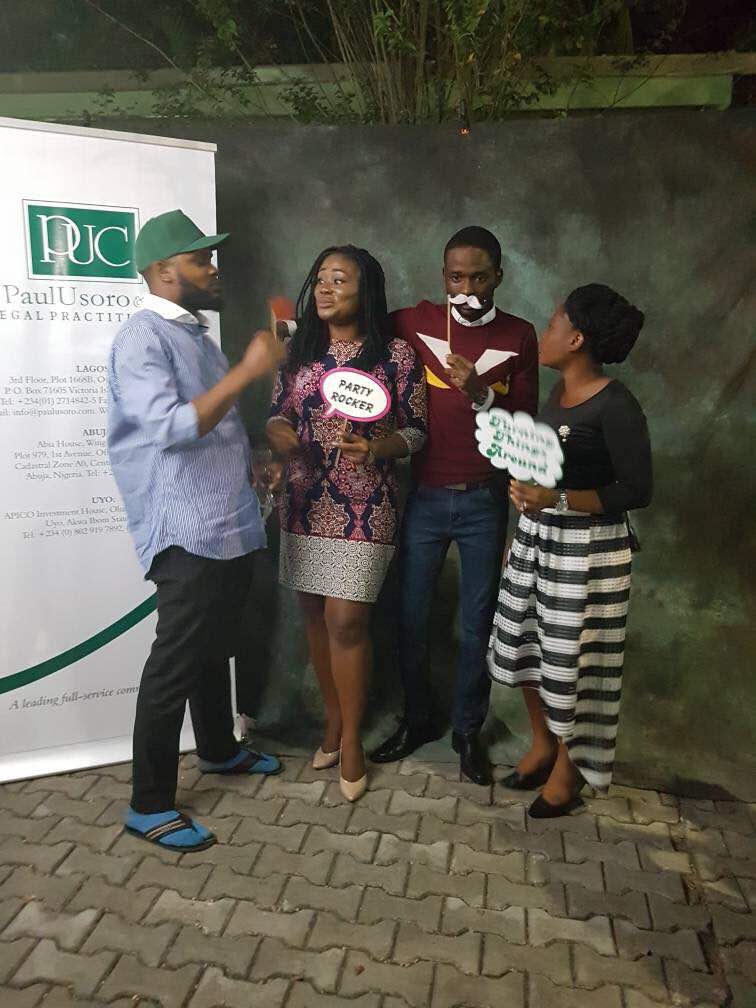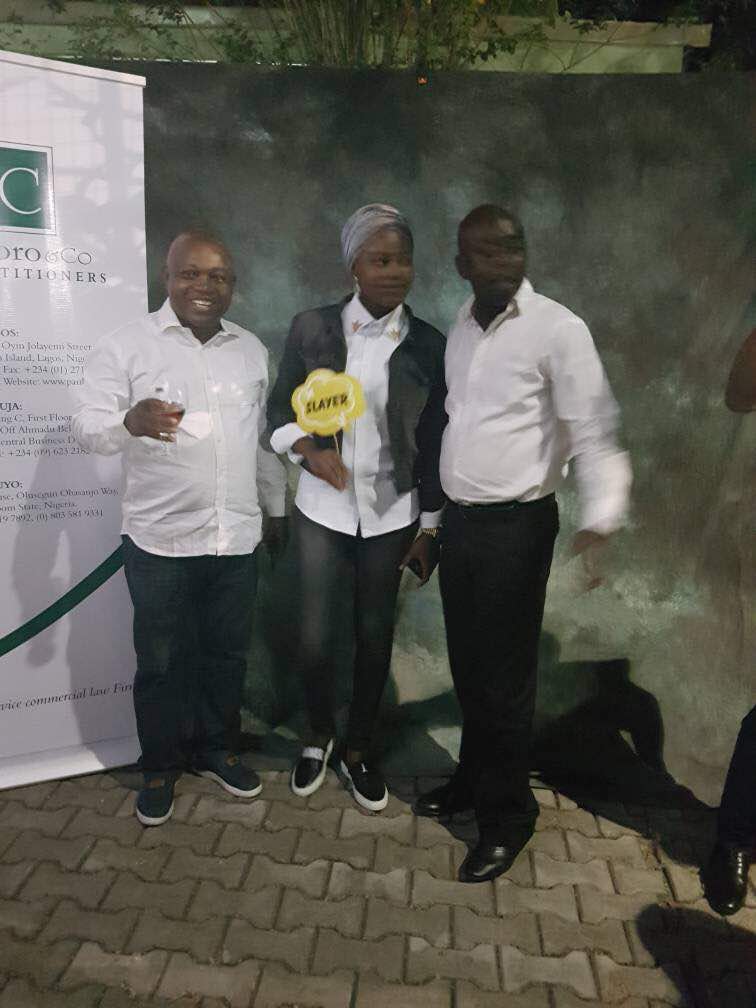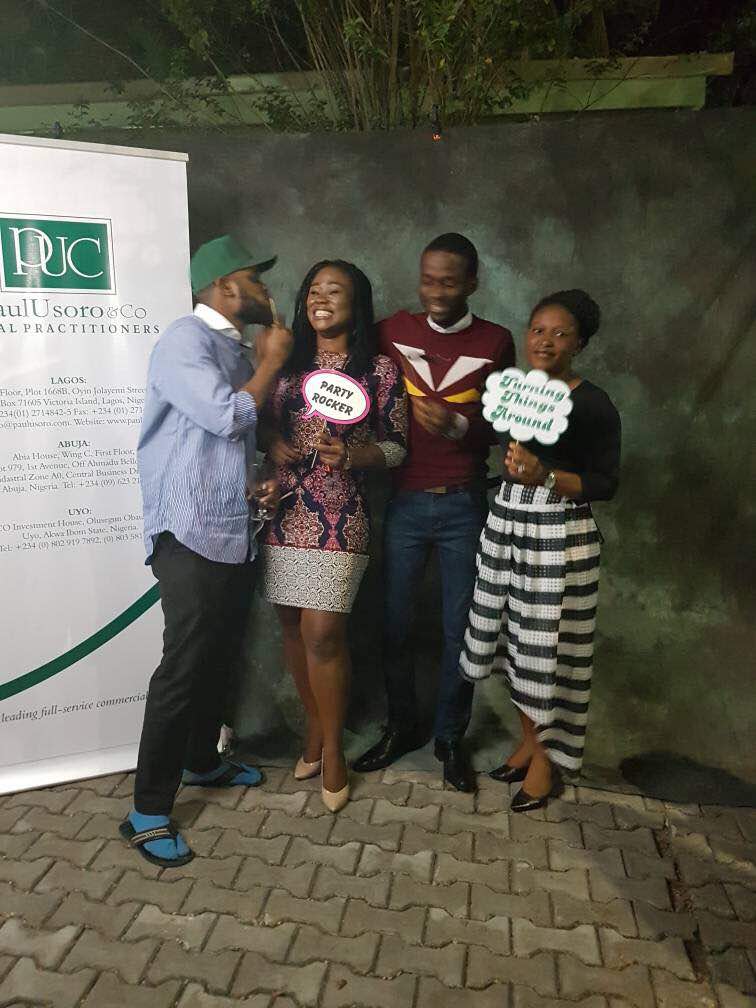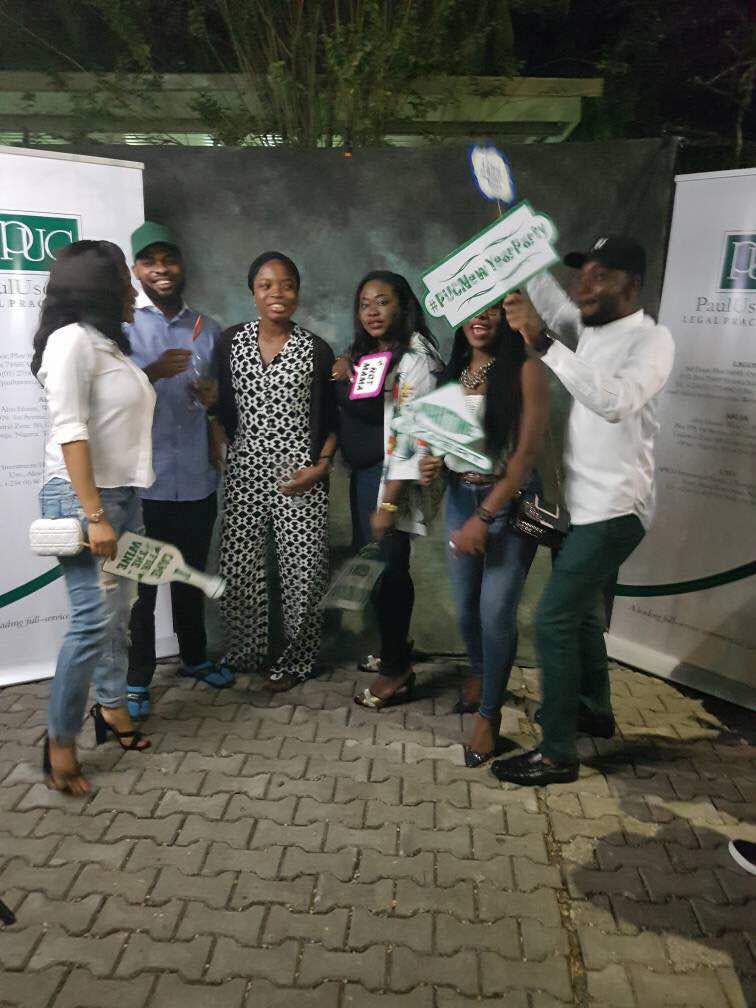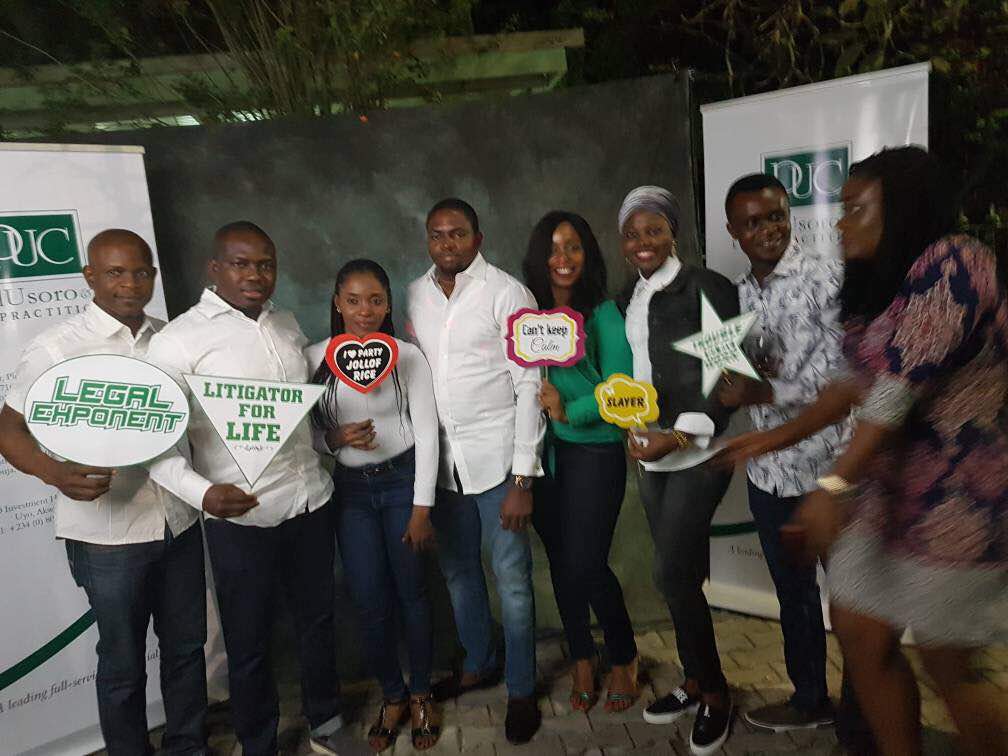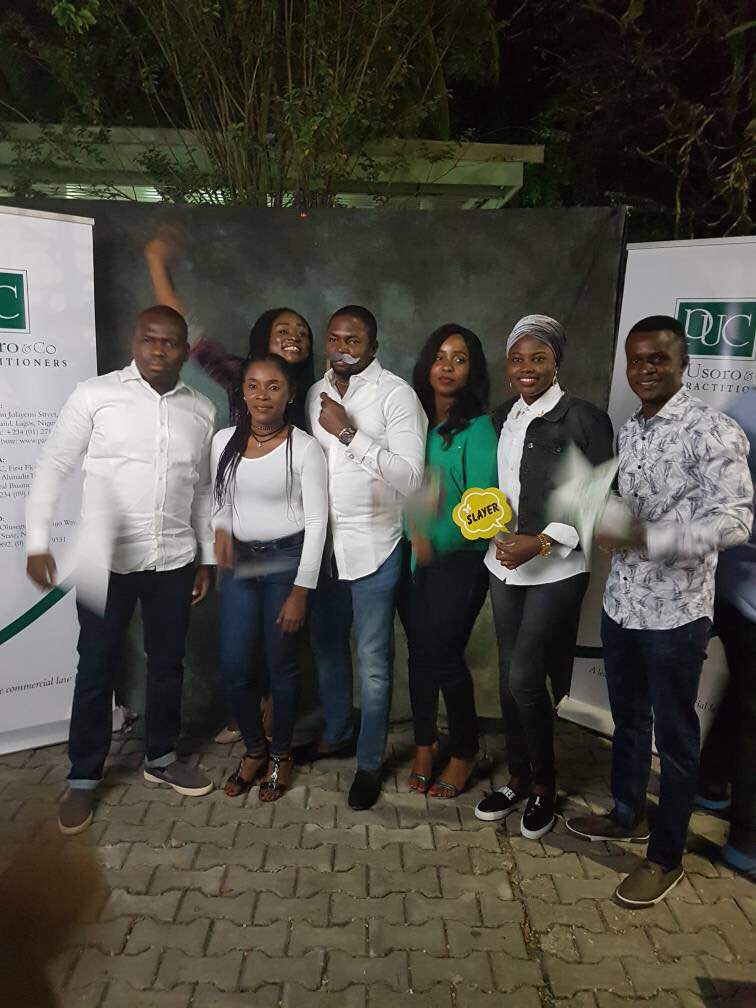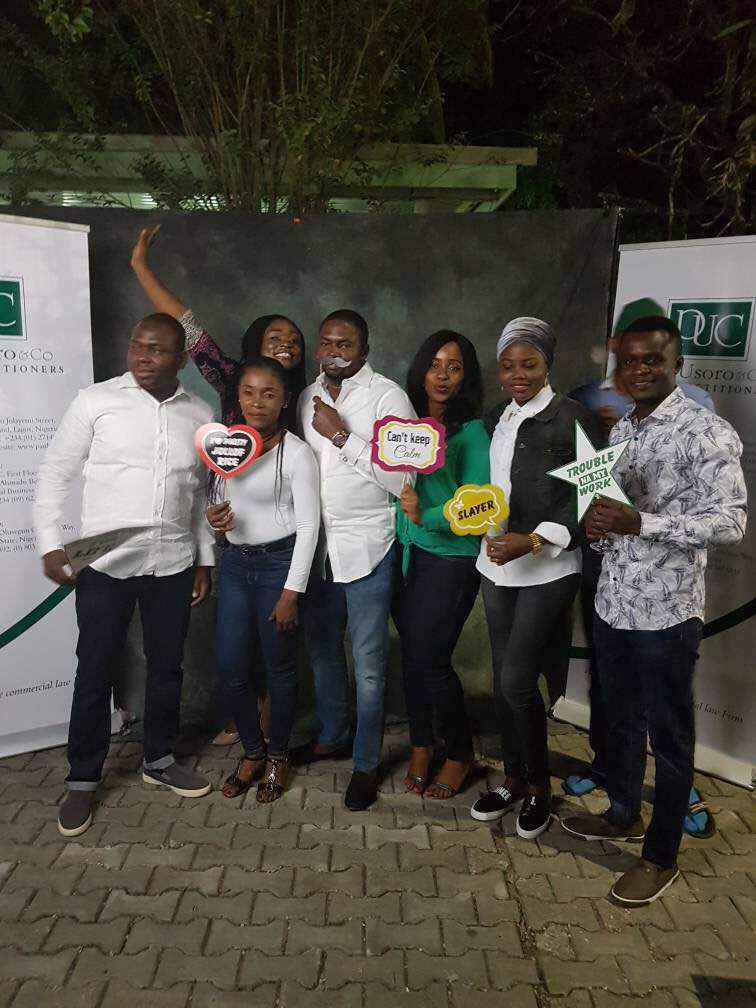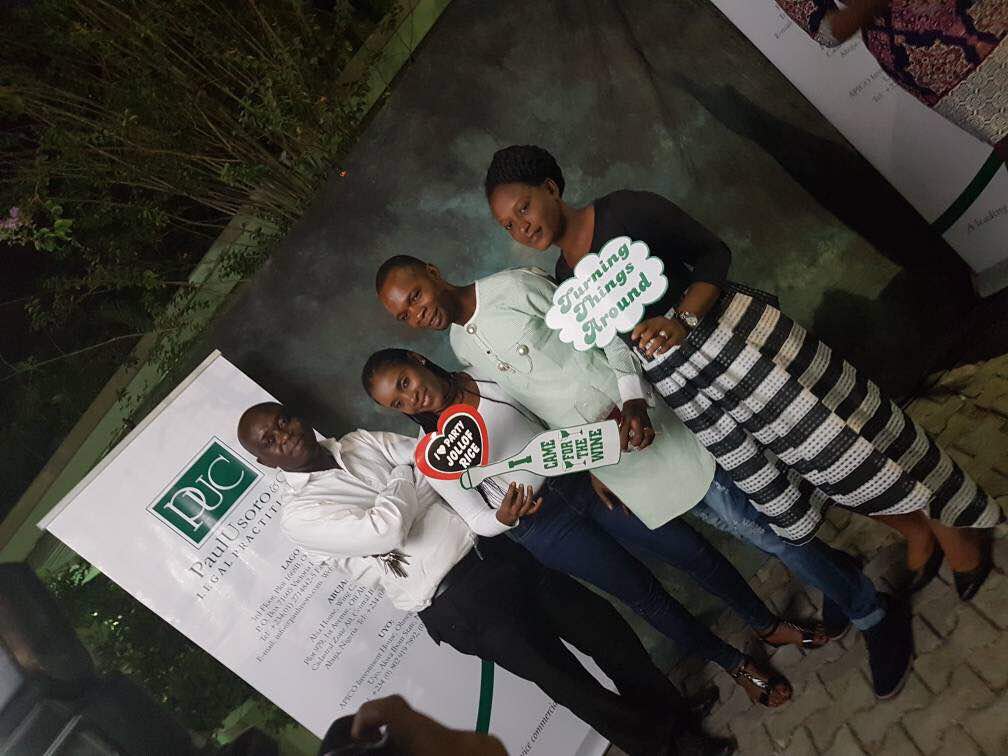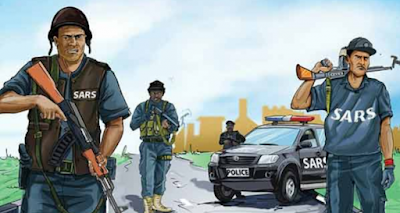INTRODUCTION
The Nigerian Police (NP) is the principal
law enforcement agency in Nigeria and its functions, duties and powers are
contained and regulated by the Police Act (CAP P19 Laws of the Federation of
Nigeria 2004). Additionally, Police Officers are subject to the code of conduct
for Police Officers.
The Criminal Investigation Department is
the highest criminal investigative arm of the Nigerian Police Force. The
Special Anti-Robbery Squad (commonly known as SARS) is one of the 15 units
under the Nigerian Police Criminal Investigation and Intelligence Department.
Its duties include the arrest, investigation and prosecution of suspected armed
robbers, murderers and others involved in the commission of violent
crimes.
The NP are an organization recognized as
the custodians of security and order in society. However, in light of current
events, the SARS unit of the NP is being touted as a violent, exploitative and
oppressive system by disgruntled citizens. This article shall consider the
negative reputation of the SARS and highlight the rule of law in relation to
the powers of the NP.
NARRATIVE
The writer will present a very familiar
scenario which most Nigerians have experienced firsthand, witnessed or been
told about. A lot of people will affirm
that this story is a familiar one.
A young man on vacation to Nigeria is
arrested while taking a leisurely stroll in the evening. He is confused as to
the reason he has been arrested but strongly believes an explanation will be
given; after all everyone is allowed to take strolls, right? He is subsequently
whisked off to an unknown police station, and after 48 hours in detention with
no communication with his family; his belief that he cannot be arrested for no
reason at all has faltered greatly. He has of course been stripped of all his
personal effects; his fancy phone inclusive. By the time a kind person manages
to contact his mother on his behalf; his belief has taken a complete turn
around and now he is certain that there is no escape from the hell hole he
exists in. This is not a place where shouting, crying or begging achieves any
results. His mother’s joy that her only
son has been found and was not kidnapped as she previously feared is cut short;
perhaps his fate may have been better at the hands of kidnappers who merely
wanted a satisfying ransom. This young
man was right after all; because he was killed in custody with the explanation
that he was a robbery suspect who tried to escape. Many of such people are not
alive to tell their story. They have been silenced forever; the horrors they
faced not to be discovered by anyone.
STATUS
QUO
Nigerians in their myriad of challenges
forget the past, until the present reality resurfaces buried memories. Sequel
to various continuous reported and unreported incidents of abuse, harassment,
unlawful detention, extortion and murder by officials of the Special
Anti-Robbery Squad; Nigerians are now advocating vigorously for the elimination
of SARS on social media and the campaign against SARS is trending.
Irrespective of the admittance or refusal
of the allegations levied against officials of SARS, it is no news that the
motto of the NP; “Police is your friend” is very laughable in Nigeria. Millions
of people have been harassed and oppressed and continue to be subject to
dehumanizing and degrading treatment by police men while supposedly carrying
out their duties.
It would appear that most people while not
being completely ignorant of their rights simply do not know what to do, and
the few that are informed would understandably cower in fear or have lost the
will to fight for a seemingly hopeless cause.
The need to reiterate our basic rights
cannot be over emphasized as we continue to lend our voices as a sword till we
get the desired result.
STATISTICS
According to the PRAWA (a Non-governmental
organization aimed at promoting Security, Justice and Development in Africa) Report
on Prisons Monitoring, Investigation and Documentation of Torture Incidence in
Enugu State conducted in March 2011, The Special Anti-Robbery Squad has Police Officers
who are designated to torture crime suspects. Such Police Officers have an
unofficial designation like “OC Torture” (Officer In Charge of Torture), and
they have special skills in infringing various methods of torture on their
victims; which methods include but are not limited to prolonged detention in
police custody, gunshot wounds, severe beatings with police baton and other
dangerous objects , burning with hot objects, squeezing of testicles and
inserting objects into the penis, insertion of nails on feet, electric shock,
suspension on the tree in different positions and cutting with cutlass. (www.prawa.org)
LEGAL
PERSPECTIVE
The various forms of infringement of our
fundamental human rights in the exercise of the powers of officials of the SARS
will now be considered in tandem with the existing legal frame work that should
regulate the conduct of Police Officers.
It is relevant to note as a preamble that
Article 5 of the Universal Declaration of Human Rights and Article 7 of the
International Covenant on Civil and Political Rights provide that no one shall
be subjected to torture or to cruel, inhuman or degrading treatment or
punishment. Nigeria as a country should aim to achieve internationally
recognized standards of human rights, not only by the mere ratification of
international treaties and conventions but in the practical demonstration that
as a nation, we uphold the sanctity of life and we view human rights as
paramount.
Arrest
without warrant:
Section 24 of the Police Act provides that a Police Officer can lawfully arrest
without warrant for a felony, a misdemeanor, a simple offence or for breach of
peace. It would therefore appear that a Police Officer can arrest without
warrant at all times; as the definition of what qualifies as reasonable
suspicion remains non-specific and non-delineated. However; Section 3(1) of the Administration
of Criminal Justice Law 2011 (ACJL) provides that the Police Officer must
inform the person arrested of the cause of the arrest. Similarly, Section 4 of
the Police Act prohibits arresting a person in lieu of a suspect; which implies
that one person cannot be arrested in place of another. Additionally, Section 3
(2) & (3) states that the person must also be informed of his right to
remain silent, the right to consult his lawyer before making any statement and
the right to free legal representation. Furthermore, by the provisions of
Section 35 (5) of the 1999 constitution a person who is arrested without
warrant must not be detained for more than 24 hours where there is a Court of
competent jurisdiction within a radius of 40kilometres or in any other case, 48
hours or for such longer period that the Court may consider to be reasonable. A
deviation from the provisions of the law on arrest entitles the victim to seek
enforcement of his fundamental rights, damages and a public apology.
Torture
and inhumane treatment: Nigeria has ratified the International Convention on
Civil and Political Rights (ICCPR) in 1993, the Convention against Torture
(CAT) in 2001 and the Optional Protocol to the Convention against Torture
(OPCAT) in 2009. Additionally, Nigeria is a member of the African Charter on
Human and People’s rights. Irrespective of the above, the practice of torture
and ill treatment by Police Officers in general and officials of SARS particularly
remains rampant. There are countless experiences of people who have been
brutalized, ill-treated and tortured in detention. Section 34 (1) of the 1999
Constitution of the Federal Republic of Nigeria (as amended) prohibits the use
of torture and inhuman or degrading treatment, therefore a person under detention
who is beaten or threatened has the right to seek legal redress for
infringement of his right.
Unlawful
detention:
The right to personal liberty is guaranteed under Section 35 of the 1999
Constitution. Even though this right is not absolute; any restraint to personal
liberty must be done in accordance with a procedure permitted by law. Unlawful
detention can be defined as keeping a person in custody without any lawful
reason. (https://dictionary.thelaw.com).
Therefore, being detained in the custody of the Nigerian Police either with or
without the power to arrest and detain may amount to unlawful detention. It could also be interpreted to mean being
held up at a gun point with threat of being shot if you try to move. In the
same vein, a proviso to section 35 (1) of the constitution (as amended) states
that ,“a person who is charged with an offence who has been detained in
unlawful custody awaiting trial shall not continue to be kept in such detention
for a period longer than the maximum period of imprisonment prescribed for the
offence”. A contravention of the laws guiding the right to personal liberty
will therefore amount to a breach of fundamental rights.
Inducement
to give false confession: A false confession is an admission of guilt for a
crime for which the confessor is not responsible. (en.m.wikipedia.org/wiki/false_confession).
The right to dignity of human person as contained in Section 34 of the
Constitution which prohibits torture extends to the right not to be forced by
the police to make a statement under duress. Therefore, a statement must be
given voluntarily by the person making the statement without physical coercion,
torture, promise or threats. Any such confession can be set aside in a Court of
competent jurisdiction.
Extra
Judicial killing: An
extrajudicial killing (also known as extrajudicial execution) is the murder of
a person by governmental authorities without the sanction of any judicial
proceeding or legal process. (https://en.wikipedia.org/wiki/Extrajudicial_killing).
The relevant provision of the Constitution with respect to the right to life is
Section 33 (1) which provides that a person can only be deprived of his right
to life when he has been found guilty of a criminal offence. A person can also
be deprived of his right to life in order to effect a lawful arrest or to
prevent the escape of a person lawfully detained. Therefore; a person who has
been unlawfully detained and is killed in custody has been illegally deprived
of the right to life. Section 36 of the Constitution provides for the right to
fair hearing and Section 36(5) provides that an accused person is deemed
innocent until proven guilty in a competent court of law. Therefore, it grossly
offends the intent of the NP as custodians of the security of the citizenry to
kill an armed robber or any other person in custody. The relatives of a victim
of extra judicial killing have a right of recourse against both the police
officers responsible for the death and the Nigerian Police as an organization.
WAY
FORWARD:
It is clear that the provisions of the
Constitution with respect to human rights are grossly violated by the NP who
continually infringe on rights guaranteed under Sections 33, 34, 35, 36 and 41
of the Constitution. Furthermore, the power of the police to arrest and detain
is indisputably wide and has created the forum for abusive interpretation by
officials of SARS, the entire police force and other law enforcement agencies.
The elimination of the Special Anti-Robbery
Squad may not be the absolute solution as that may lead to a change in uniform
and not character .There is however an urgent need to contain the abuse of
power and excesses of government agencies and their personnel/officers;
inclusive but not limited to the NP in the performance of their duties.
Furthermore, it is pertinent that checks
and balances are created as well as the implementation of proper training of Police
Officers in areas such as safety, use of firearms, respect for human rights,
treatment of suspects and other related areas.
This may involve the dismissal of
unqualified, erratic or emotionally unstable police officers from the NP.
Additionally, there is a need to introduce
a system that involves inventory and records of detainees, investigation of all
incidents of torture and extra judicial killings, supervision of all police
officers and sanction.
Section 36 (6) of the Constitution provides
that a person who is unlawfully detained shall be entitled to compensation and
public apology. See the case of Ozide
&Ors. Vs Ewuzie &Ors. (2015) LPELR – 24482 CA where it was held
that damages in compensation, legally and naturally follow every act of
violation of a citizen’s fundamental right.
Additionally, legal redress can be sought
by filing an action in Court for infringement of fundamental human rights. In
the case of ANOGWIE & ORS v. ODOM
& ORS (2016) LPELR-40214(CA), the Court held:
“It
was the need to curtail the excesses of the men and officers of law enforcement
agencies that made it necessary to strengthen the Fundamental Human Rights
(Enforcement Procedure) Rules in Nigeria, not long ago where it was held that
the Court is always prepared and will be quick to give relief against any
improper use of power or any abuse of power by any member of the Executive, the
Police or any other person…”(emphasis mine)
Nigerians are therefore encouraged to
challenge the breach of their constitutional rights by the Police or any other
law enforcement agencies in a bid to curb extreme and unrestrained violation of
rights.
CONCLUSION:
Accountability plays a major role. If we do
not begin to learn to take responsibility for our actions, from the petty thief
to the dubious employee, the corrupt politician or the trigger happy police
man; then the change we are all advocating for will remain chants of a
frustrated people.
Motunrayo Olaleye
Counsel
B.A. Ayorinde & Co.,




